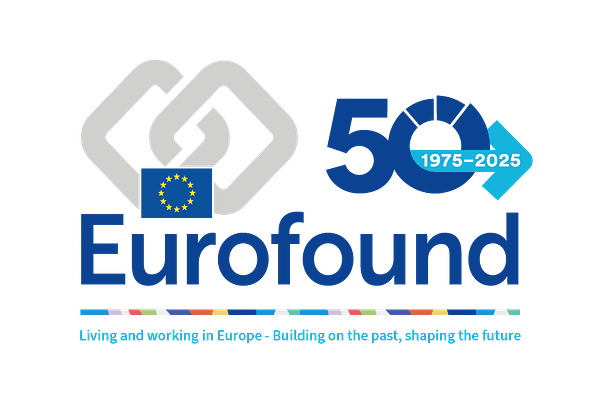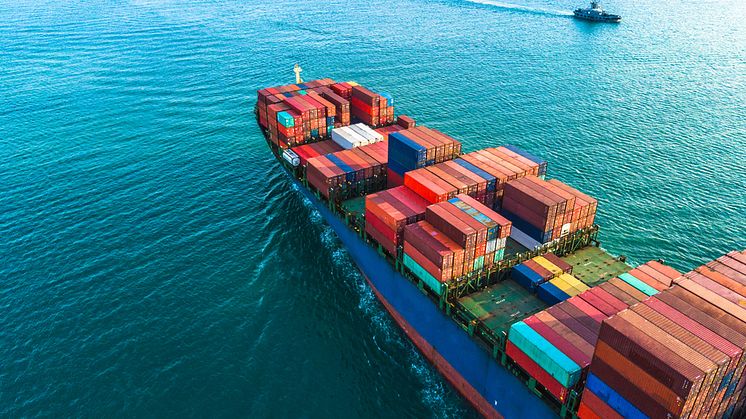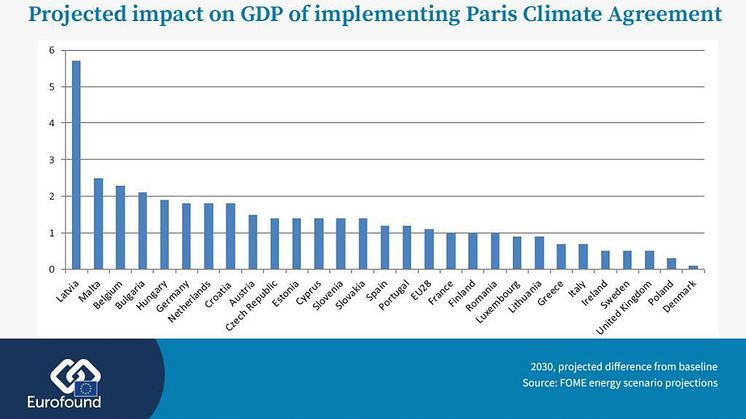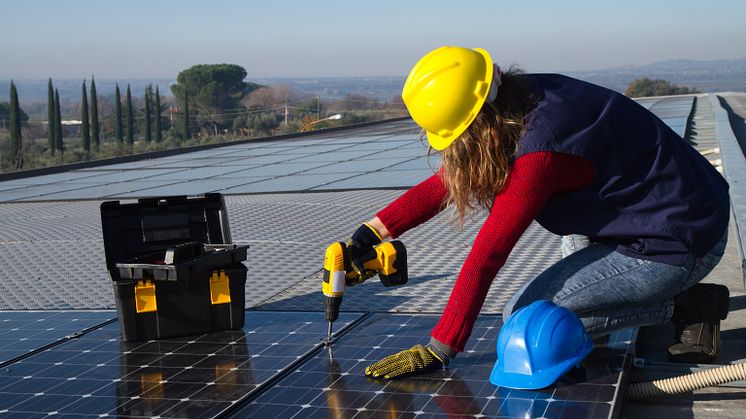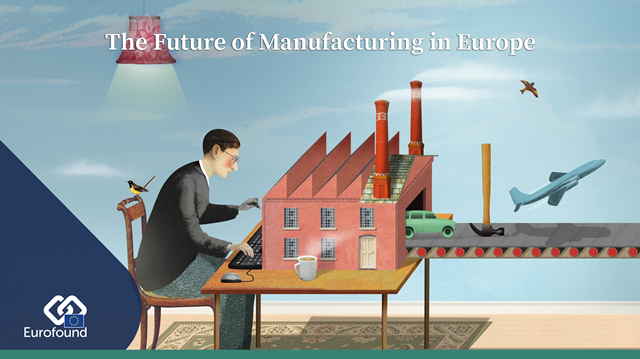
Press release -
Harnessing the future potential of manufacturing in Europe
Manufacturing is set to be core to Europe’s future. More jobs will be created and growth will increase if certain economic and industrial changes are well managed over the coming years. The main findings from the explorative project on the Future of manufacturing reveal that early adoption of emerging, game-changing technologies will give Europe a decisive competitive advantage and Europe will benefit more than other trading blocs from full implementation of the Paris Climate Agreement in terms of growth and jobs. Whereas reshoring is not likely to increase employment options, intense engagement in global supply chains will also serve to create more and better jobs. Increased global tariffs, however, will lead to more jobs lost in Europe than in other parts of the world. The final findings of the project are being presented to industry experts, representatives of national and regional public authorities, social partners, academics and EU institutions in Brussels on Thursday 11 April.
Macroeconomic modelling of the implementation of the Paris Climate Agreement estimates that GDP in the EU will increase by 1.1% and employment by 0.5% up to 2030. Manufacturing employment is projected to increase by 0.7%. While this scenario implies more jobs, many of them are estimated to be in construction and at the bottom and the middle of the wage and skills distribution.
But these dividends are not guaranteed: the EU, China and the US are all projected to suffer economically from the re-emergence of protectionism, and a significant increase in trade tariffs. The project shows that increased tariffs will lead to more jobs lost in Europe than in other parts of the world, a 0.3% fall in employment in the EU by 2030. Of all sectors, manufacturing sees the largest percentage decline, of 1.1%.
Few jobs have been reshored back to Europe since 2014. However, very highly productive manufacturing may open up new options to reshore. Any significant job creation would, however, be in other more employment-intensive stages of the supply chain, such as R&D and marketing. Although reshoring in itself is not likely to lead to more jobs, the project found that actively engaging in international production networks will.
A deeper globalisation, through the expansion of the market effectively available to companies, allows new opportunities for small companies to engage in global supply chains in niche markets. These are very active informal networkers and the building of trusting relationships with their partners is crucial for them.
The Future of Manufacturing in Europe (FOME) is a pilot project proposed by the European Parliament and delegated to Eurofound by the Directorate-General for Internal Market, Industry, Entrepreneurship and SMEs. The explorative and future-oriented approach took place over four years and explored the future adoption of some key game-changing technologies and how this adoption can be promoted across the EU, even regionally. The findings extend well beyond the interests of stakeholders in the manufacturing sector and give indications as to Europe’s economic and labour market development for decades to come.
Publication: The future of manufacturing in Europe
Event: The Future of Manufacturing in Europe
Project page: Future of Manufacturing in Europe (FOME)
Related links
Topics
Categories
For more information about Eurofound and its work, and free access to all our data and findings, visit our website and follow us on these social media channels: Twitter, LinkedIn, and Facebook.
For upcoming publications and events please see our Corporate Calendar 2019.
